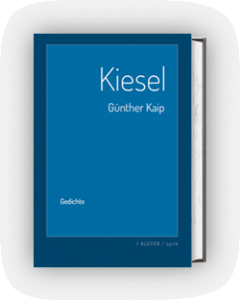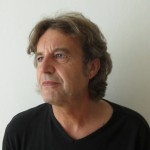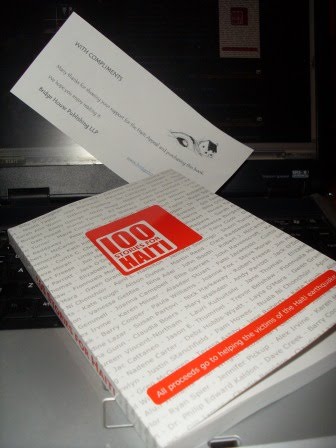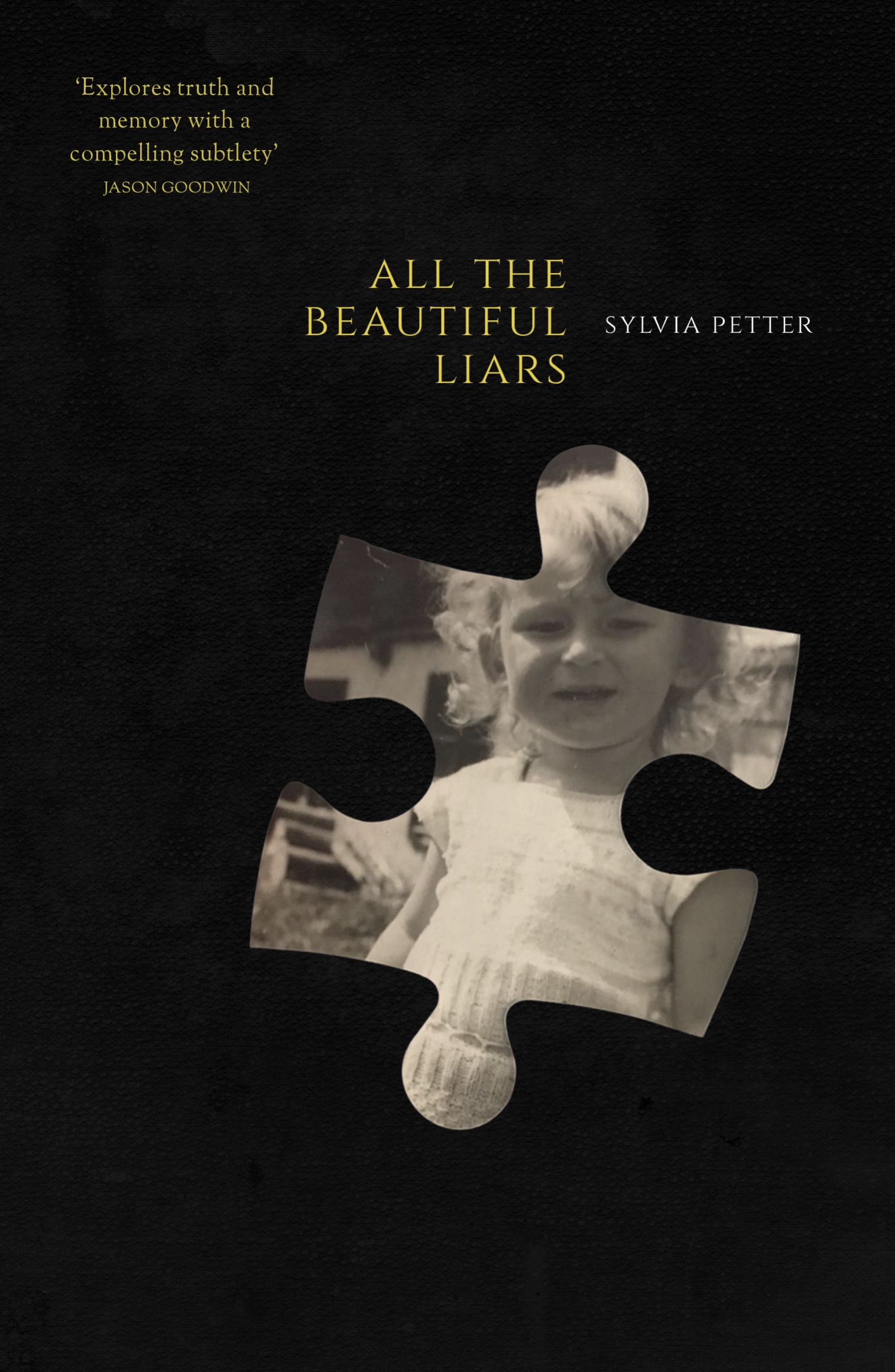There were also many wonderful things that happened last summer.
One of them was that I was able to make the acquaintance of Günther Kaip,
a local writer whose poems and short prose blew me away with their word pictures that turn things on their heads with a touch of anarchy, surrealism, and playfulness. I attended several of his readings and his renderings, too, heightened what could also be called “sound pictures”. I am grateful to Günther Kaip for letting me have some examples of his readings to share with you. If you don’t understand German, just close your eyes and listen to the music of his words:
- from his latest collection, Kiesel, (perhaps a cross
 between “pebble” and “gravel” comes closest to capturing the essence of these 99 poetic offerings) Klever Verlag, 2014, listen to “Kiesel 1”;
between “pebble” and “gravel” comes closest to capturing the essence of these 99 poetic offerings) Klever Verlag, 2014, listen to “Kiesel 1”;
- from his poetry collection, wenn du an deiner himmelsschraube drehst, Mitter Verlag, 2013, enjoy “Dein Tag” (the collection also contains superb artwork by Angelika Kaufmann);
- from his collection of “miniatures”, Im Fahrtwind, Klever Verlag, 2010, listen to “Die Erste Nacht”;
- from his collection of “minatures”, Im Rhythmus der Räume, Klever Verlag, 2012, you can hear “Tag Deiner Geburt”;
- and from the same collection, my favourite, “Der Horizont meines Landes”
which appears in English translation by Hillary Keel, together with two other “miniatures”, in Unbraiding the Short Story, and which is reproduced here:
My Country’s Horizon
by
Günther Kaip
(translated by Hillary Keel)
After I have carefully folded the country, in which I have lived since my birth, and packed it in the paper bag, I let water run in my bathtub and take a bath, wash the spaces between my toes thoroughly, two or three times, scrub my belly with a brush and smear cream on my skin so it stays supple. Then I take out my left eye, let it roll in the palm of my hand, smoothen it with fine sandpaper I got in the city yesterday, and press the eye back into my socket.
The result is extraordinary—I can now discern the rusty water pipes and electric cables in the walls. The sight of this depresses me. Through the closed bathroom door I see my paper bag on the kitchen sideboard, where my country is trying to unfold. The paper bag wavers, trembles, menacingly tilts forward, threatening to fall from the sideboard to the tiled floor. The impact on the contents of the bag would be unimaginable, on my country, which I want to take around in my garden for half an hour, so it sees, smells, tastes something different once and for all, not just itself. I’ll take my country carefully out of the paper bag and lay it in the moss in front of the apple tree. The sun’s already shining, its rays will warm my country and I’ll stand in front of it, to give it shade if necessary.
Then it occurs to me: my country’s horizon, its delicate fabric, how should I spread it out without tearing it, and a country without a horizon, that’s no good. I jump out of the bathtub to rescue what can still be rescued, slip on my bathrobe, run to the kitchen sideboard and reach for the paper bag. Right after my first step I notice I have to hold it at a certain angle, otherwise my country might run out.
I carefully put down the paper bag, jump to the wardrobe, take out my bathing trunks and put them on. I don’t need any more than this as I’ll just be in my garden surrounded by high cypress perennials . As I reach to lift up the paper bag, it is no longer there, just a moist spot on the floor, and I consider whether to jump into it, after all I am wearing my bathing trunks. It’s the least I can do for my country.
- Hillary also translated Günther Kaip’s take on how he approaches his work (the original German appears together with three of his “miniatures” in the German-language anthology, Austr(al)ia):
“Straight lines from A to B do not exist in our consciousness, which is constantly under attack by its impressions and experiences: seeing, smelling, tasting, hearing, feeling. They sometimes seem to have nothing to do with each other in the text, a juxtaposition of impressions, existing singularly, though they do form a whole. In memory it is words, which awaken, combine, trigger emotions, and suddenly direct to a new path, leading to different locations of the experienced. It’s the famous 1+1=3! Only instead of numbers, the word unifies.
Words have a body, a sounding board, permanently vibrating and creating spaces in this movement, which stretches out, narrows, and multiplies itself further—stories arise in this word rhythm, plots are traced, broken off and newly established. Windows of perception merge seamlessly as well as the internal and external view.
My short prose deal with the variety and simultaneity of spatial experiences in language, which I want to make to a tangible experience, to movement in the text of its language and words, which at best provoke new perceptions and perspectives in its readers. “
- So there you have it. Some of the treasures discovered last year.
I’m looking forward to another reading from Kiesel tomorrow night at the Austrian Society of Literature.
Oh, and have you noticed that even very simple and elegant book covers can do the jewels to be found inside justice?





English is my only language but Hillary Keel’s translation is so spectacular — earthy in its glorious flow — that I would imagine the poet himself must be enchanted with how she was able to take his words and give them life in another universe